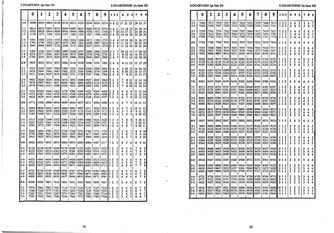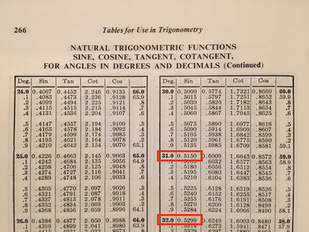|
I went to high school in Taiwan in the late 1980s. Math lessons there included - Using logarithmic tables to estimate big numbers like 385,120,089*99,751,287. - Using trigonometric tables to evaluate functions like sin(31.58 degrees). My teacher said these skills are important for college. They might have been in his time, but by the time I went to college, I used computers for these calculations. For all the time I spent on perfecting the skills of using these tables, it was a lot of stress and little/no contribution to my higher learning. I was a math professor in the 2010s. Following a national trend of de-emphasizing the integral techniques in Calculus, I revised my Precalculus course by cutting topics such as partial fraction decomposition, a challenging skill whose only use is in a special integral technique. The positive impact was almost immediate. Students no longer stressed out about or lost points on these topics, and I was able to spend more time on other important topics. There are many ways to get directions on curriculum updates, such as - Advisory board on industry needs and trends (ITEC) - The curriculum of transfer destination 4-year universities (SciMath and ITEC), or - The recommendation by national associations (SciMath and ITEC) As we update curriculum to meet current standards and expectations, we also get an opportunities to remove certain cumbersome or out-of-date materials, and replace them with new and student-friendly ones. In many cases it might be an easy win for student success when we stop teaching, testing and punishing students on some less useful but really difficult stuff. Do you update your curriculum regularly?
0 Comments
Leave a Reply. |
AuthorDr. Ben Weng Archives
September 2021
Categories
All
|


 RSS Feed
RSS Feed